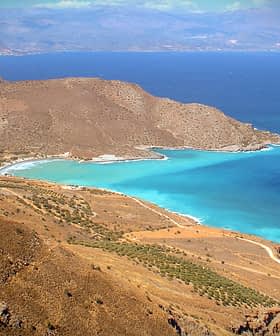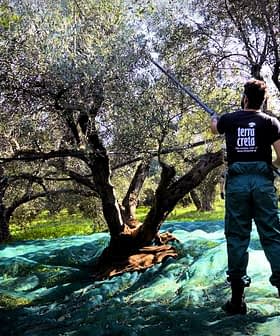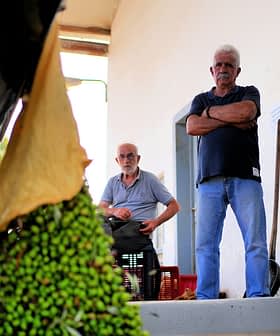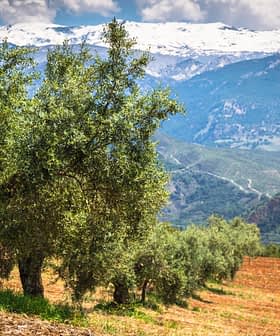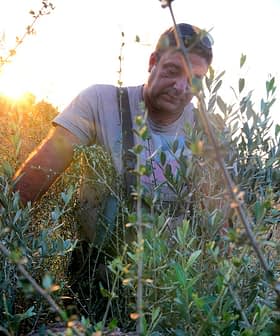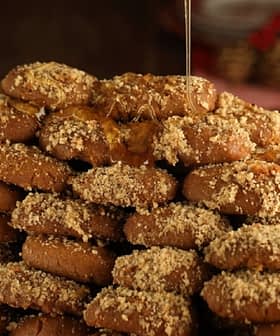Unilever to Sell Its Olive Oil Business in Greece
After years of dominance, Unilever is about to withdraw from the Greek olive oil market.
Elais-Unilever Hellas, the leader in the standardized olive oil market in Greece, is selling its olive oil brands and packaging plant in Athens due to its parent company Unilever’s strategic reassessment of its margarine and spreads business worldwide. The American investment firm KKR has made a binding offer to acquire the olive oil division, which is expected to be finalized by mid-2018, but plans for the division’s future have not been disclosed.
Elais-Unilever Hellas, the subsidiary of the British-Dutch giant Unilever in Greece, is the leader in the standardized olive oil market of the country accounting for more than 60 percent of total sales along with runner-up Minerva. But last September, the company officially announced its intention to pull out of the olive oil business by selling its brands and the packaging plant it owns in Faliron, Athens.
In its press release, Elais-Unilever stated that the sellout of the olive oil sector followed the intention of the parent company Unilever to reassess its strategic choices regarding its margarine and spreads business worldwide.
Potential buyers would acquire the brands Altis, Solon and Elanthi, along with the plant in Faliron and all of its employees. The company also pointed out that despite the sale, it would retain its production line in Greece by transferring more resources to the other plant it keeps in the area of Renti, which makes detergents and other household products.
Olive oil and margarine together represent 20 percent of the total turnover of the firm in Greece. Elais-Unilever had made a similar attempt to move away from the oil business about ten years ago, but to no avail. Now the segregation of the olive oil division seems more than certain when on December 15 the company announced that the American investment and private equity firm KKR had made a binding offer of €6.8 billion ($8.05 billion) for the margarine and spreads of Unilever worldwide (South Africa excluded).
The olive oil brands in Greece and the factory in Faliron were bundled together in the forthcoming deal, meaning that the whole department of Elais-Unilever olive oil will be transferred to the KKR fund as is. KKR is already active in Greece by providing services to banks in the bad loans sector and non-performing exposures.
According to analysts, Elais-Unilever abandoned the sector because it lacked strong branding and did not shift to bottled olive oil as expected. The company was mainly focused on the internal market where bulk oil still accounts for 70 percent and the ongoing tough economic conditions are not a good omen for a radical change to be expected soon.
The takeover is scheduled to take place in mid-2018, and up to now, no information has been released on what KKR plans to do with the olive oil division of Elais-Unilever.
The headquarters of Elais-Unilever in Athens declined to further comment on the buyout when reached by Olive Oil Times.



